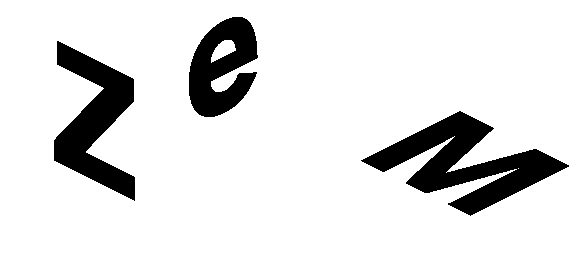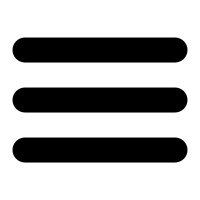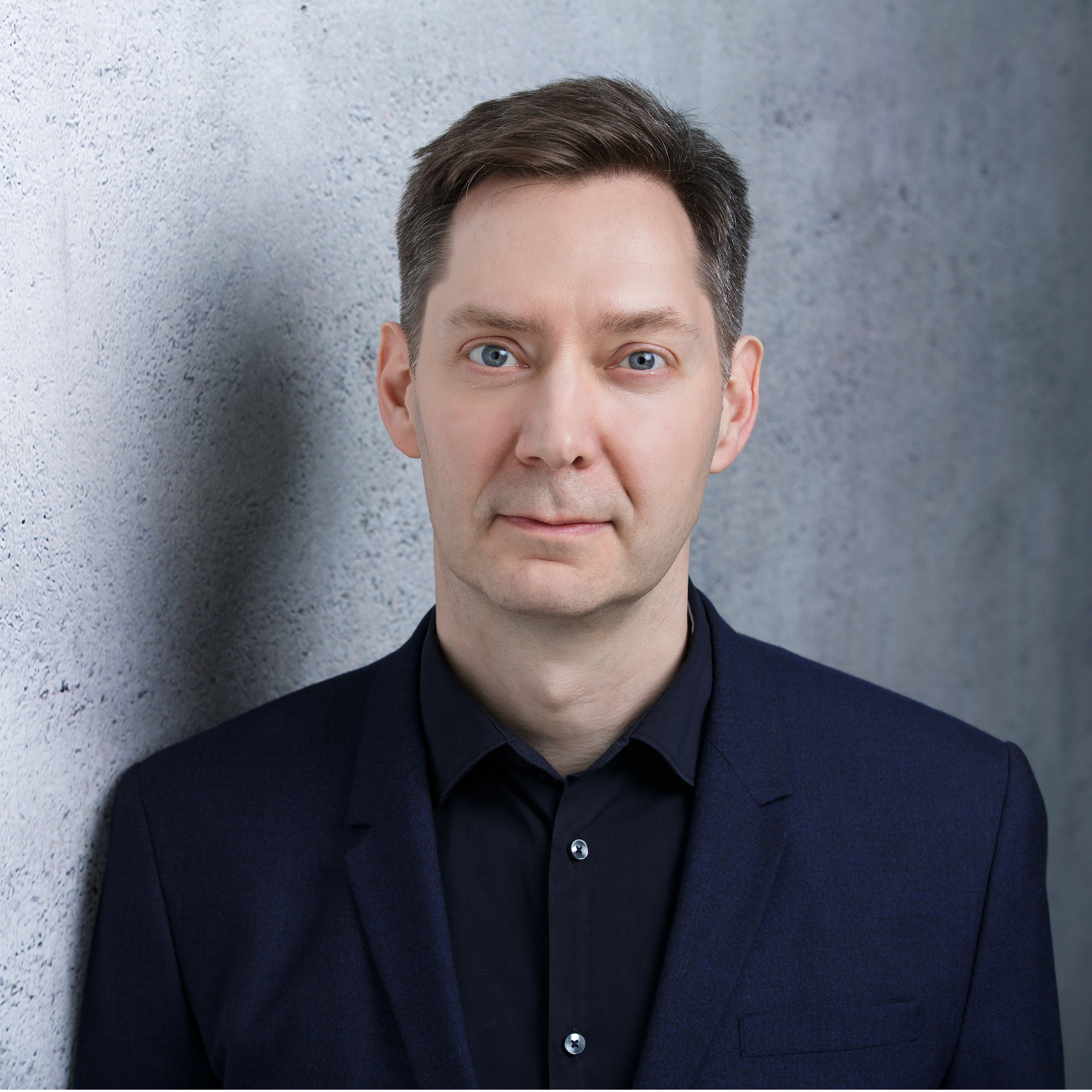
Günther Anders maintained a complicated relationship with academic disciplines and institutions throughout his life. While his highly committed journalism and his environmental activism had a far-reaching impact, they prevented him from being seriously received academically and philosophically for a long time. This has been changing considerably for some years now. In the meantime, several dissertations have been published that deal with specific aspects of Günther Anders’ work; moreover, several conferences dedicated to Anders are currently being planned.
Anders is increasingly being cited by renowned international researchers. The number of translations of his texts into English, French, Spanish, Norwegian or Turkish is steadily increasing. The climate catastrophe and the rekindled fears of a war fought with nuclear weapons have restored to his thinking the relevance that was often denied him in the age of neoliberalism.
Since the beginning of 2022, the working group “Günther Anders and Media Studies” has been dealing with his work and its reception. The initial focus is on methodological questions: What does Anders actually do in his texts? What rhetorical, narratological, literary and strategic stakes can be identified? And what about the possible applicability of his procedures for contemporary interventions? These methodological questions already touch on those concerning the translatability of Anders’ texts. The working group will also serve to exchange information on ongoing translation projects, such as the forthcoming first publication of the English edition of Die Antiquiertheit des Menschen I.
A special focus will also be on the question of what can be learned from the work and influence of Günther Anders for thinking in the Anthropocene. His path led him to form his own style, his own art of narration and exaggeration. In this way, he wanted to evoke a sensitivity that was appropriate for the reality of humanity’s technogenic self-destruction. Today, this situation has become both worse and more paradoxical. To what extent is Anders still suitable as a mastermind in the struggle for an adequate attitude to our techno-media environments? To what extent is he suitable as a companion in the confrontation with life under the sign of the “time limit”, the global catastrophe that has not yet occured but is becoming increasingly probable? What media strategies are suitable for preparing for such a “supra-threshold” event?
At present, the working group primarily serves a focused exchange of researchers on Anders in a closed format. There are also plans for a German- and English-language workshop, which is expected to take place in autumn 2023.
The working group is a joint initiative of Dr Bernd Bösel (Brandenburg Centre for Media Studies, Potsdam), Dr Christian Dries (International Günther Anders Society, Vienna) and Dr Christopher J. Müller (Macquarie University, Sydney). Current members: Dr. Benjamin Nickl (University of Sydney), Manuela Koelke (Freelance translator, author and architect) et al.






